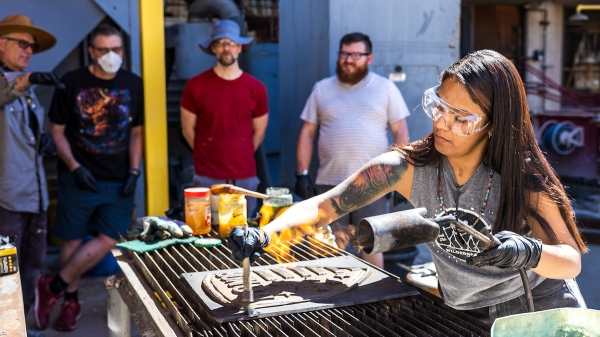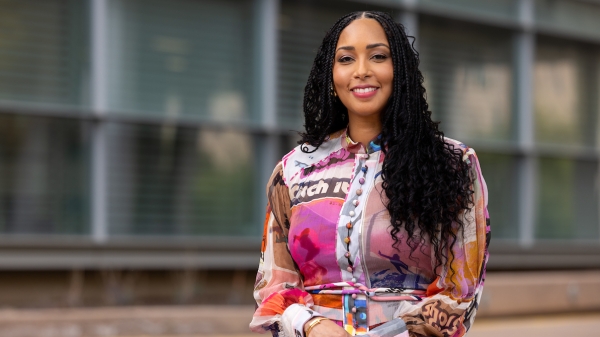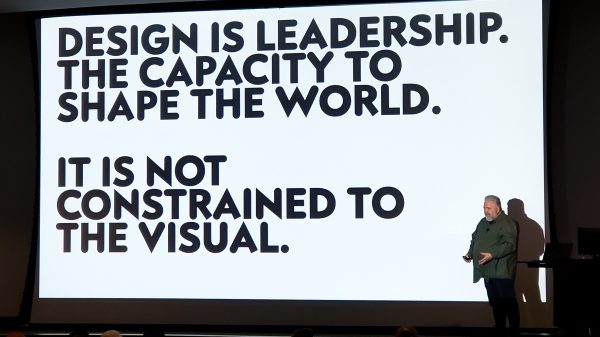ASU marks a decade of environmental humanities networking
Humanities for the Environment celebrates 10th anniversary with new name, poetry reading on March 26

Members of the public are invited to join Humanities for the Environment on March 26 at 4:30 p.m. for a poetry reading. Photo courtesy Pixabay
This March, the North American Observatory of the Humanities for the Environment (HFE) Global Network celebrates 10 years of uniting worldwide humanities-led efforts to tackle environmental challenges. The network, based in the Julie Ann Wrigley Global Futures Laboratory at Arizona State University and previously known as the Environmental Humanities Initiative, has honored its decennial anniversary with a unique birthday gift: a new name.
HFE was launched in 2013 at the Institute for Humanities Research, with three “observatories” located in North America, Australia and Europe. The network expanded between 2015 and 2018 to include another five observatories located in Africa, Latin America, the Asia–Pacific, the Circumpolar North and Oceania (Australia and Hawaii).
Since 2014, the North American Observatory has been a project of the Environmental Humanities Initiative based in the Global Institute of Sustainability and Innovation at the Global Futures Laboratory. Today, HFE boasts an observatory network comprising 39 universities and community organizations that have innovated 50 global projects. Over 161 environmental humanities scholars and community leaders are affiliated with the network globally.
“Humanities for the Environment has seen tremendous growth in the last 10 years, and this growth can be expected to continue,” said Peter Schlosser, vice president and vice provost of Global Futures at ASU. “We cannot shape a thriving future without involving all perspectives, and the humanities contribute a crucial part of the overall picture.”
Humanities for the Environment 10th anniversary poetry reading
4:30–5:45 p.m. Tuesday, March 26
Walton Auditorium, Tempe campus
The North American Observatory serves as a program cornerstone and online headquarters of the HFE Global Network. Joni Adamson, director of HFE North America and a President’s Professor of environmental humanities, said this initiative has helped solidify ASU's reputation globally as a leader in humanities-led sustainability science collaboration and research.
“At the international level of the United Nations, Future Earth and UNESCO, we are seeing the acceptance of the idea that the human sciences — in other words, the arts, humanities and social sciences — must be part of our problem-solving,” Adamson said. “The human sciences have tended to be left out of scientifically and technologically oriented problem-solving, which means that human history, philosophy and psychology — all of what we know from art and literature — has been left out of conversations, favoring technological fixes for complex problems. The environmental humanities is working to heal the rifts between the human and natural sciences and technology.”
In celebration of 10 years of HFE’s efforts, members of the public are invited to join HFE affiliates at the Walton Center for Planetary Health on March 26 from 4:30–5:45 p.m. for a poetry reading from poet and environmentalist Juan Carlos Galeano. At the reading, Galeano will be awarded the Seres Puentes, or “Bridge Being,” Award, to honor his contributions to the work of the HFE.
“The Humanities for the Environment Global Network has been dedicated to supporting my work with the HFE Latin American Observatory,” Galeano said. “This award calls attention to the importance of poetry, story collecting and documentary film in working for the health of the planet. I am honored to serve all the Amazonians who are featured in my work: human, animal, fish, plant, water, air and earth.”
Adamson said that in this next phase of HFE, ASU affiliates of HFE will accelerate efforts to mobilize the arts and humanities in the battle against climate change, biodiversity loss, multispecies injustice and environmental and social justice violations. Because of the global leadership demonstrated over the last 10 years, HFE was invited to participate in the establishment process for the UNESCO BRIDGES Sustainability Coalition and became a co-founding partner in 2021.
The mission of BRIDGES is to foster collaborative, co-designed community projects that are interdisciplinary and inclusive of and led by the arts, humanities and social sciences, in partnership with the natural and sustainability sciences. In the next 10 years, according to Adamson, HFE and BRIDGES will work closely to develop projects that address the multifaceted challenges outlined in the United Nations' 2030 Agenda for Sustainable Development, striving for transformative impact on a global scale.
“ASU is considered a leader in the environmental humanities around the world, and for good reason,” Dave White, director of the Global Institute of Sustainability and Innovation, said. “We’ve been able to demonstrate the importance of a transdisciplinary approach to problem-solving, and the humanities are a part of that. We are honored to continue our trajectory of leadership through initiatives like HFE.”
This story was co-written by Grace Tobin, Sreya Ann Oommen and Katelyn Reinhart.
More Arts, humanities and education

'Devils in the Metal': ASU vet leads iron cast workshop for former service members
Bruce Ward believes everyone has a symbol of strength or resilience, and they have an obligation to find it. His happens to be a paper crane in an ocean wave. “It’s the idea that we are the…

ASU English professor wins Guggenheim Fellowship for poetry
The awards — and opportunities — keep piling up for Safiya Sinclair, an associate professor in Arizona State University’s Department of English. In mid-April, Sinclair received one of 188 Guggenheim…

Designer behind ASU’s brand named newest Herberger Institute Professor
Bruce Mau, co-founder and CEO of the Chicago-based holistic design consultancy Massive Change Network, has joined Arizona State University’s Herberger Institute for Design and the Arts as its newest…